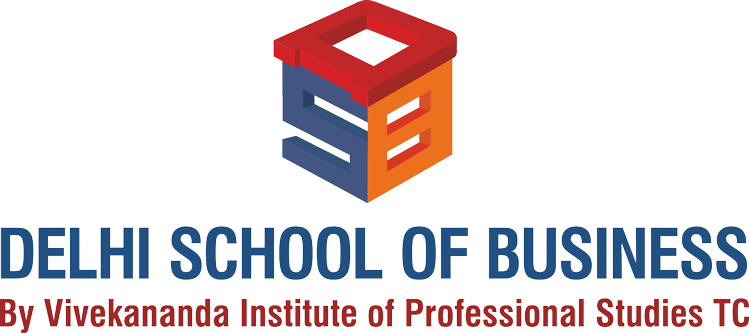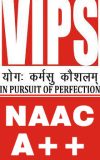A Stimulating and Distinct Pedagogy
Learning at DSB is facilitated by Multiple Participative Pedagogy. It incorporates a plethora of techniques and tools that hone your perspectives of academia, industry and experiential learning. Here, you learn by doing in a deeply engaging and student-centric environment.
Our pedagogical elements are intertwined within –
Classroom

DSB’s classrooms uphold cross-disciplinary learning with integrated coursework. From project based to peer learning and skill-based industry accepted courses – it is your launchpad to question the status quo, explore nuances of cutting-edge topics and innovate something new each day.

Flipped classroom model

Ability enhancement courses

Capstone project

Dual specialization

Flexibility & choices
Mentorship

You are not only taught by erudite professors from across the country but also by real professionals who are your facilitators. Top industry leaders and DSB alumni give you the inside scoop of the industry of your choice and help you understand business inside-out and outside-in.

Faculty Mentoring

Industry Mentoring

Alumni Mentoring
Exposure

A comprehensive and on-ground experience of varied topics gives you an edge over the rest. Be it within a rural or urban setting, you have the opportunity to get familiar with real-time challenges and develop insight of the global market and surrounding environment.

Industry Certification Courses

Internships

Industry visits

Guest-Lectures/Industry Talks
Industry


Entrepreneurship

Analytics

Industry 4.0

Digital
Holistic Development

DSB’s ultimate pedagogical outcome is your 360 degree development that makes you a complete manager. We help you inculcate the interest and competence to grow as an individual whose mind, body and soul are in total sync with the innate aspirations.

Indian Management Philosophy

Values and Ethics

Co-curricular Activities
Outcome Based Education/Learning(OBE/OBL)
The outcome-based approach to course design at DSB, is intended to make the expectations more transparent for students, any regulatory or accrediting body and all stakeholders. Instead of the instructor deciding what to include in a syllabus, this approach starts with a specification of what the student would be expected to achieve by the end of the program/course.
The PGDM Programme has clearly defined Program Outcomes which have been carefully drafted to ensure that they include subject-specific skills and generic skills, including transferable global skills and competencies. The Programme Outcomes (POs) and Program Specific Outcomes (PSOs) focus on knowledge and skills that prepare students for further study, employment and citizenship.
Case, Problem, and Project – Based Learning (PBL)

Case Based Learning (CBL)
Students are required to identify issues, problems and analyze the given information; solve the problem and make a recommendation. In CBL, there is high involvement of students in the class learning.

Problem Based Learning (PBL)
It is a real-world problem which is unstructured or semi-structured, unlike a case where information is already available. Students take the responsibility of identifying the problem, getting required information, resources etc. and thus of the entire learning process.


